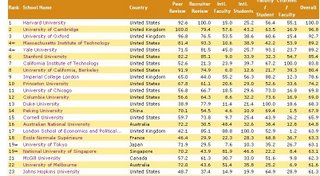Taken from: Eighth Wonder submits $5.5b bid for Sentosa Integrated Resort
Eighth Wonder submits $5.5b bid for Sentosa Integrated Resort
SINGAPORE: The final bidder for Sentosa's Integrated Resort project, Las Vegas-based Eighth Wonder, revealed its S$5.5 billion plans to develop what it calls "Harry's Island" on Tuesday.
Eighth Wonder's Chairman Mark Advent intends for Harry's Island to be iconic, creative and one-of-a-kind.
He has lined up an international star-studded cast to work with him in developing the Sentosa project.
"There is a spirit that is special about Sentosa regardless. It is an amazing place. It is a lush tropical serene paradise, and now it is evolving as a place for commerce, hospitality, residential and, ultimately in the future, an integrated resort," Advent says.
"So it's a very fine balance to figure out that place where all of these different elements could co-exist in a manner that is sensitive to all. Ultimately, when you isolate it into an integrated resort directive, there is a huge opportunity to create world-class excitement, entertainment, must-see appeal just by the type of project we are proposing," he adds.
When completed, Harry's Island will have 10 world-class, luxury and family-oriented hotels.
I wonder about the provenance of the proposed name...

